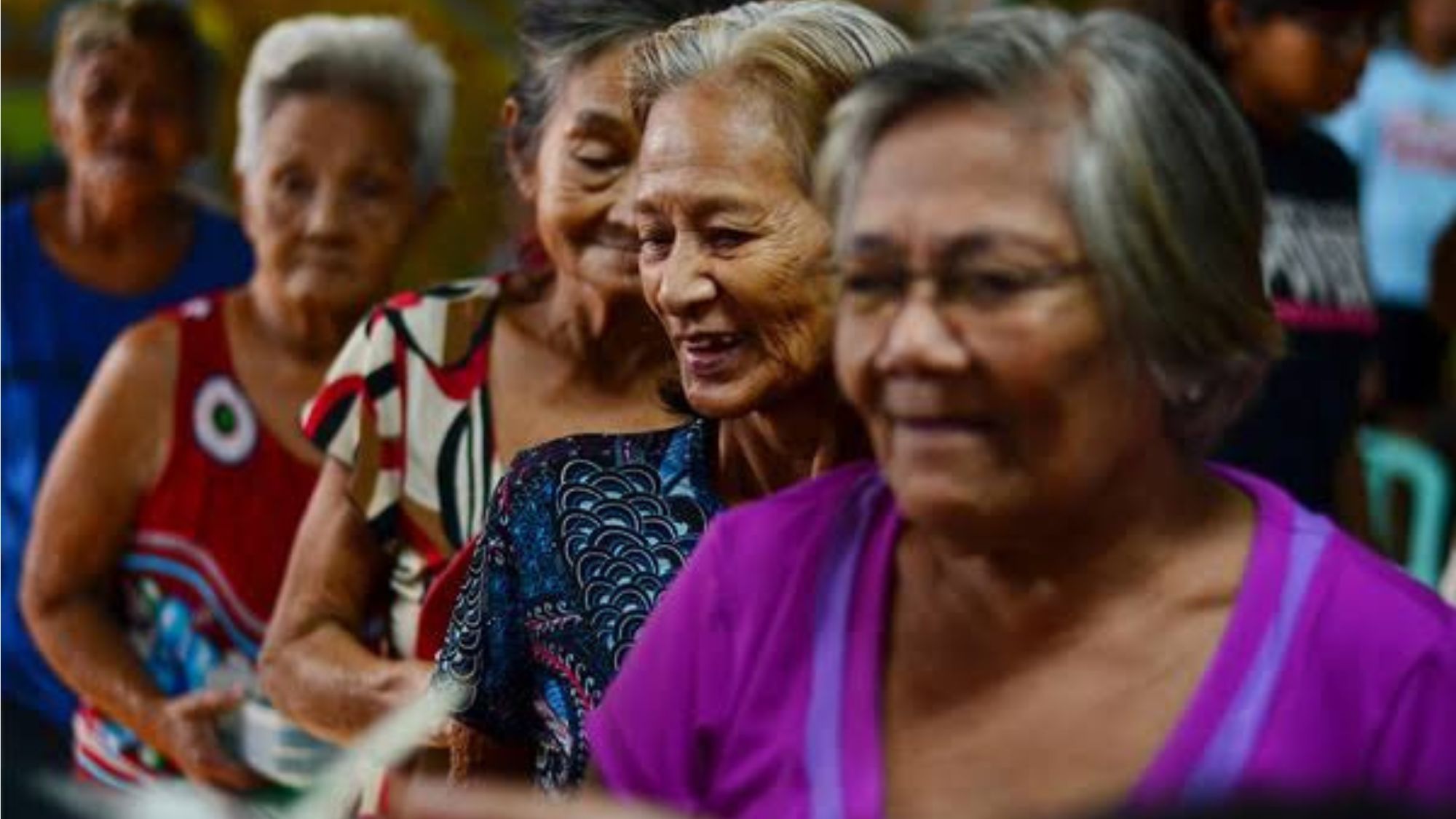According to statistics, about 11 percent of the total population will be 60 and older by 2030, surpassing children 0 to 4 years old, effectively reversing a historical trend of the country having more children than older persons.
The Philippines must put in place "solid programs" to care for a graying society if it wants to avoid a situation like what Japan faced, according to a former official of the Commission on Population and Development (POPCOM).
In a recent radio interview, Dr. Juan Antonio Perez III, former POPCOM executive director, noted that while their number is steadily increasing, Filipinos 60 years of age and older are currently beset with health and social issues, as their quality of life is taking a downturn.
Based on a recent release by the Philippine Statistics Authority, senior citizens now account for 8.5 percent of the population, or 9.2 million individuals.
Perez represented the country in a September 30 conference in Bangkok, Thailand for the International Day of Older Persons, where he cited figures from the University of the Philippines-Population Institute (UPPI).
He mentioned that the annual growth rate of Filipino seniors in the past 10 years has been at 3.5 percent, almost double that of the general Philippine population, which is at less than 2 percent.
“Among our senior citizens, women outnumber men 55 percent to 45 percent,” revealed the former POPCOM chief, who was also the undersecretary for population and development or POPDEV.
“While older Filipinas outlive their male counterparts, the former contend with diseases and disabilities,” he added.
More than half, or 57 percent, struggle with their daily living and have mobility issues.
About 56 percent of them are already widowed, while 70 percent of males are either still married or have partners, and are very much physically active.
He also shared Professor Grace Cruz of UPPI’s projection of the Philippines being an “aging society” by the start of the next decade, as there would be 10 percent more senior citizens by then.
POPCOM projects that about 11 percent of the total population will be 60 and older by 2030, as they will outnumber children 0 to 4 years old—effectively reversing a historical trend of the country having more children than older persons.
Almost half the number of older persons are still working and unable to make ends meet for their daily living; more so, for their health needs, according to Perez.
Because of their socioeconomic conditions, they are inactive or unhealthy, with most postponing seeking medical consultation for financial reasons.
With poor health and pervasive poverty, many older Filipinos are also prone to mental disabilities such as depression—especially for those living alone and widowed early, as well as Alzheimer’s disease that requires 24/7 caring.
Perez described the latter as a “social problem” if it entails participation of older persons’ children who may have to be absent from work, or abandon such altogether, to attend to elderly parents.
“While more of our seniors are enjoying longer lives because of medical advances preventing premature death, the remaining still have to deal with a host of diseases, such as heart ailments, hypertension and stroke, diabetes, and other age-related disabilities,” he explained.
He observed the apparent lack of capacity and the dearth of health-care workers for older persons in the last two years caused by the pandemic adversely affecting national and local health systems.
Programs needed
Meanwhile, incumbent POPCOM Officer In Charge-Executive Director Lolito Tacardon urged the institutionalization of comprehensive programs on health for Filipino seniors, most particularly for those living alone as well as those requiring health monitoring and special support.
“Preventive programs to avoid diseases leading to disabilities should be in-place,” Tacardon proposed. “Our local health system should likewise be more decentralized.”
POPCOM’s OIC-ED said that while there are already government programs such as those by the Department of Social Welfare and Development for long-term care for seniors in institutions or households, they need to be brought to the community level.
“There should be local programs for community-based rehabilitation to address elderlies’ disabilities,” Tacardon emphasized.
“For those to be effective, local government units should be more active in widening the scope of our health systems’ services, or revisit those already operationalized to elevate their effectiveness.”
Tags: #population#populationgrowth, #POPCOM, #seniorcitizens
